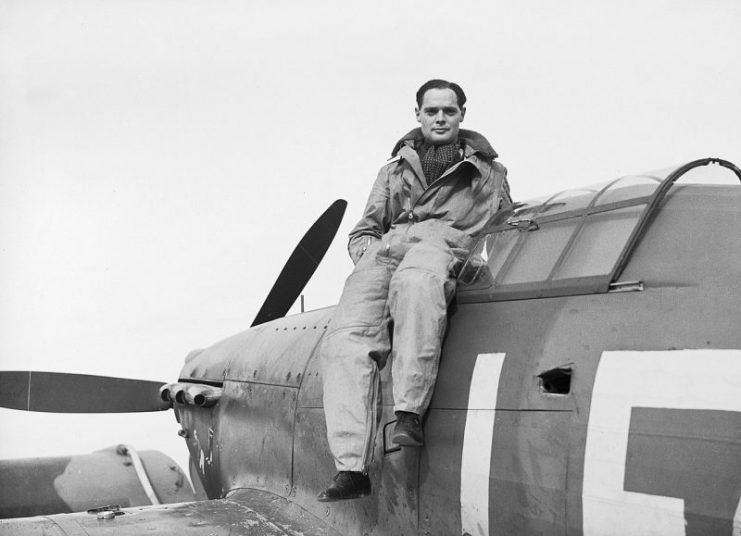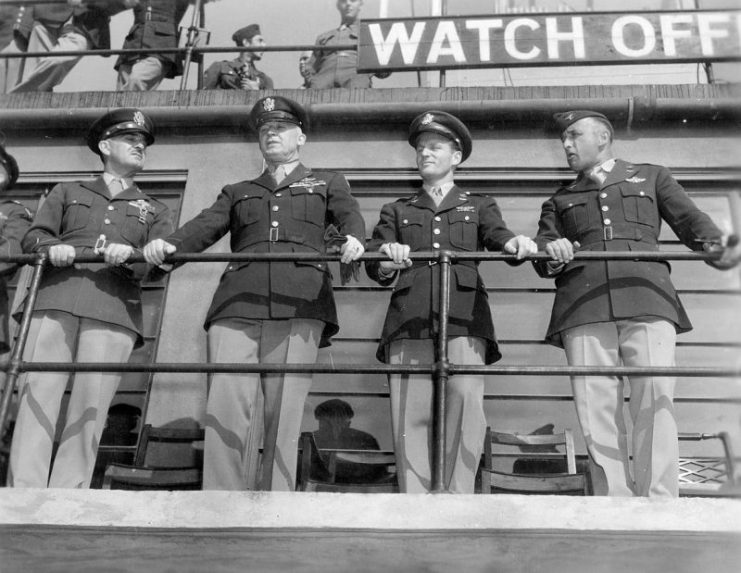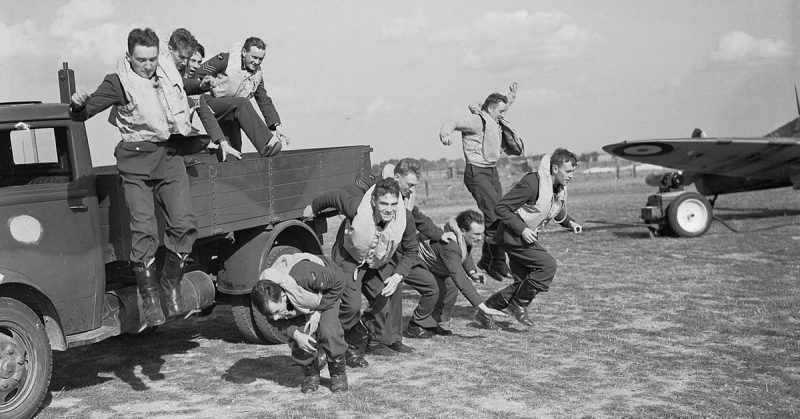The diary of a Royal Air Force chaplain, which has recently been released by the Imperial War Museum, has proved to be a beacon of hope for young pilots. It coincides with the RAF’s centenary celebrations. Written by the Reverend Guy Mayfield, it casts an insight into the lives of pilots who fought in WWII in the sky over Southern England, compiling significant losses in the process.
While posted at RAF Duxford, the Reverend recounts details of his career including the high points and also the demoralizing periods. Carl Warner backs up the information contained in the diary, singing the praises of the men and complimenting the pilots on their bravery, mental strength and hunger for victory.
The diary has also been commended for its significant and palpable discussions about events that happened in the 1940s.
The Reverend had a story to tell. He was an assistant newspaper editor before the outbreak of war and his eventual plunge into combat. He bonded with well-known RAF ace Douglas Bader, who had lost both his legs in an unfortunate incident before the war. The Reverend had nothing but great things to say about Bader and credited him as an incredibly courageous man with plenty of cheerfulness in his heart.

The Reverend’s best moments were ones of unity with the respected pilot when they conversed.
The Reverend detailed the horrors of war without any reluctance or hesitation, powering through the atrocities to express the real meaning of brotherhood. Warner points out these moments in the diary. Some of the most moving sections are when the young pilots confided in their chaplain as the casualties mounted.
On New Year’s Eve 1940 the Reverend could not find the will to sing Auld Lang Syne, as the world’s bloody conflict had gotten to him. He wrote that war takes something precious from everyone – time, memories and loved ones and it is a harsh thing to be a part of. The chaplain even confused glorious sunshine for a black, bleak landscape due to his mental state and general mood which consumed him. He wrote that the war would be won, but not without the loss of good men and enormous casualties along the way.

The Reverend survived the war and died of natural causes in 1976. Snippets of his diary have been exhibited in history museums all over the world, but they have never been published until now.
Warner commended the Reverend’s writing stating he was delving into the psyche of a typical, good-hearted man. The core and common themes of his book are brotherhood, unity, love, fear, and hardship. They blend to create a marvelous account, according to many respected sources. The diary is expected to hit the shelves sometime in April 2018 and has already obtained stellar reviews.
There is still much anxiety among potential pilots these days, despite much better technology and flight infrastructure. The Reverend’s wise words and his emotional story should help to give them confidence and valuable advice so they can achieve their most ambitious flights.
Many young pilots have highly-rated the Reverend’s diary. It provides a new level against which flight text can be compared. It could be used as an excellent source for aspiring captains, and training institutions could use the book for students to study and learn from, as wisdom tends to be missing within learning facilities.
It is important that countries around the world prepare their pilots to the highest standards, as they will be in charge of an aircraft with 100-250 people onboard, for whose lives the captain is responsible.
Many organizations already stress the need for better preparation techniques for those looking to become a pilot, and rightly so.
